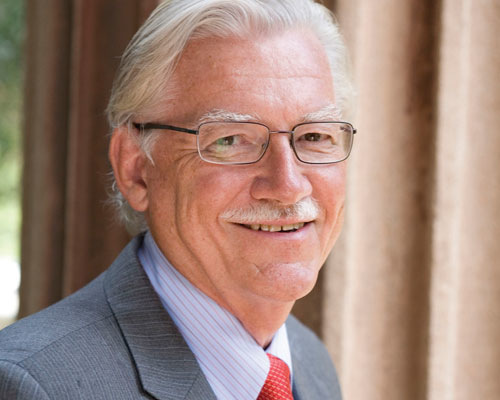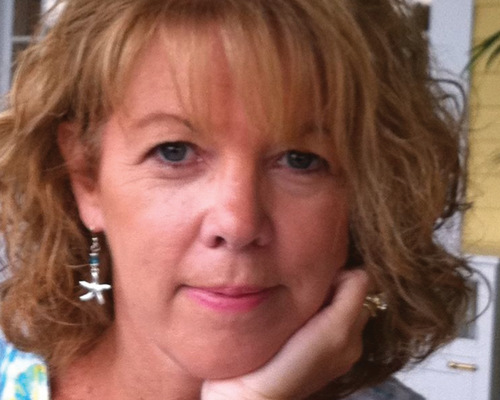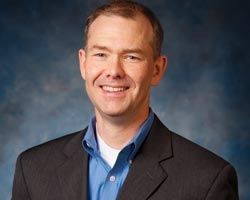Resources
NAA is pleased to offer the afterschool professional a wide range of tools and downloads designed to both grow your career and strengthen your program.
Displaying items by tag: Top 25 Most Influential People in Afterschool
Terry Peterson, PhD
Terry K. Peterson, PhD, is the executive editor of Expanding Minds and Opportunities: Leveraging the Power of Afterschool and Summer Learning for Student Success, a Senior Fellow at the College of Charleston, and a consultant to the CS Mott Foundation. Dr. Peterson has taught at all levels of education and been a parent and community organizer. He has served as chief education deputy for an education reform governor and the U.S. Secretary of Education, both for eight years, and in those leadership capacities helped launch and implement a number of successful nationwide and statewide initiatives, such as the 21st Century Community Learning Centers, E-Rate, Advanced Placement course expansion, early childhood program growth, family engagement strategies, teacher quality and recruitment enhancements, and school-community-business partnership growth.
Judy Nee
Judy Nee is the executive vice president and general manager of AlphaBEST Education—one of the nation's fastest-growing extended-day programs and the preferred choice for school districts in ten states. Prior to joining AlphaBEST in 2011, Nee served as president and CEO of the NAA, where she led the organization's growth in membership, affiliates, and presence in Washington, D.C. Nee has served as president of the Florida Afterschool Alliance and as executive director of Prime Time Beach County, the state's only local afterschool intermediary. She is the chair of the Coalition for Science After School, a member of the Florida Afterschool Network's board of directors, and a member of Child Trends' national board of directors. Nee has an M.A. in Community Psychology and is pursuing a PhD in Leadership and Education.
Matthew Boulay
Founder, Chairman of the Board of Directors, National Summer Learning Association
Matthew Boulay was a Johns Hopkins University undergraduate when he founded the Teach Baltimore nonprofit summer education initiative, which grew from a hands-on youth program into the National Summer Learning Association. Boulay graduated with a double degree in history and Hispanic studies, earned a master's degree in public policy from the Johns Hopkins Institute for Policy Studies, and is pursuing a doctorate in sociology and education at Teachers College, Columbia University. He’s co-editor of Summer Learning: Research, Policies, and Programs, the first book to be published on summer learning in twenty-five years.
Boulay enlisted in the U.S. Marine Corps Reserve in 1997 and served in Iraq in 2003. After coming home, he served as the director of the Fund for Veterans' Education and the campaign for a new GI Bill. In this capacity, he designed and managed a national scholarship programs for veterans of the Iraq and Afghanistan wars and successfully lobbied Congress to pass a new GI Bill. He lives in Salem, Oregon, with his wife, Catherine, and daughters, Ana and Claire.
Accomplishments
I'm proud of NSLA and the work we've done over twenty years. I'm also proud to have enlisted in the Marine Corps and served when my country called. And, like all fathers, I'm extraordinarily proud of my young daughters.
We've made huge strides helping parents, educators, and policymakers understand the problem of summer learning and the promise of summer learning programs. This will continue over the next ten years. I hope we'll see teachers, principals, and school district leaders champion summer learning, because they know their work during the school year is undercut if we ignore summers. And I hope we'll see local, state, and federal policymakers create dedicated funding streams to support high-quality summer programs. Parents have been and will continue to be strong proponents of summer learning programs.
Opportunities
Summer learning has the potential to narrow the achievement gap. And the converse is doubly true: Without high-quality summer learning programs, we will never be able to close the achievement gap. And so the opportunity facing this nation is the chance to significantly invest in summer learning programs in order to boost the achievement of all students—particularly lower-income students—and thus close the achievement gap.
Challenges
With respect to challenges, funding is, of course, always a problem. But the summer learning movement faces two additional challenges. First is our collective understanding of summers: Drawing on cultural references like Huck Finn and Tom Sawyer, we like to believe that summer is "an endless vacation" in which families spend time together at the swimming pool or the beach or grilling burgers. Second is misperception of summer learning, because people frequently think of "summer school"—which is punitive, mandatory, remedial, and neither fun nor engaging for anyone.
We know, of course, that many American families do not enjoy the "idyllic summer" and that today's best summer learning programs are nothing like yesteryear's punitive summer school programs—but I believe confronting these popular misconceptions is among our biggest challenges.
In my view, summer learning programs are successful when they engage children. There are more sophisticated ways of evaluating programs—and NSLA has developed some of the very best tools—but when it comes down to it, I think good summer programs are effective because they allow children to feel good about themselves and about learning.
Edited by Amy L Charles, editorial director of AfterSchool Today magazine, the Official Publication of the National AfterSchool Association.
National AfterSchool Association • 2961A Hunter Mill Road, #626 • Oakton, VA 22124 • info@naaweb.org



